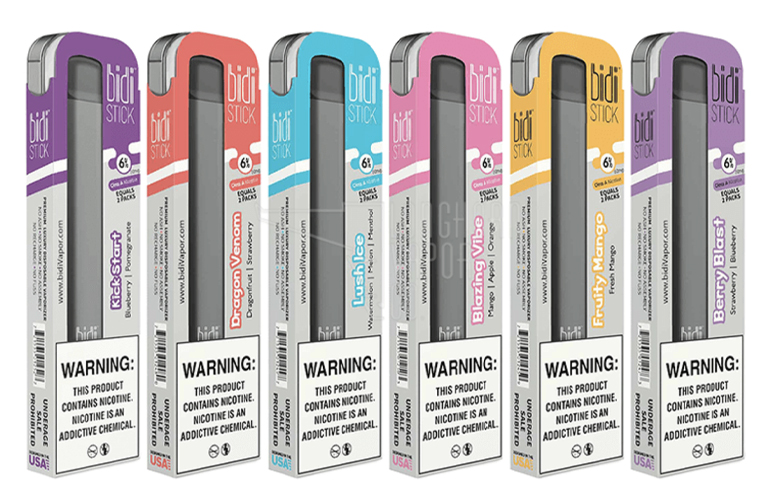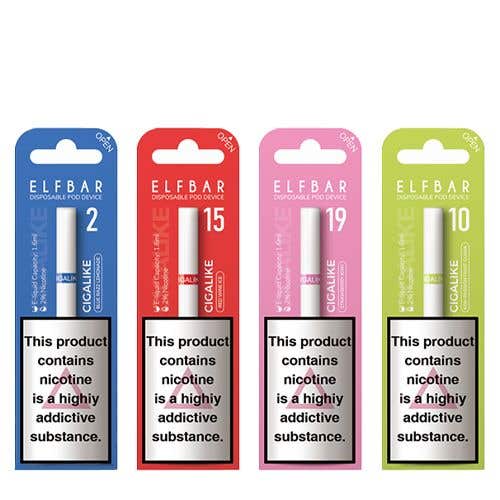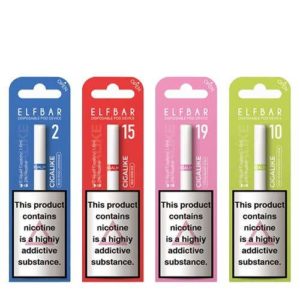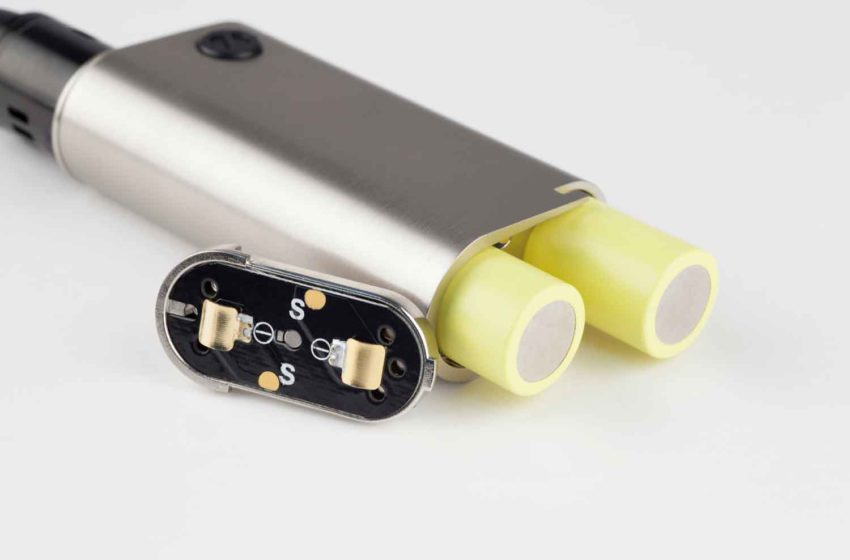
Kaival Brands Innovation Group, parent to Bidi Stick vaping products, today announced it has reached a three-year extension agreement with QuikfillRx, the third party vendor responsible for executing Kaival Brands’ marketing and sales strategies.
As part of the agreement, QuikfillRx will be rebranded as Kaival Marketing Services (KMS) to more properly reflect the commitment of KMS to the success of Kaival Brands, according to a press release.
“We are happy to continue our service with Kaival Brands and its commitment to responsible marketing,” Russell Quick, president of KMS, stated in the release. “Our combined efforts at preventing underage use of vaping devices and focus on the needs of legal-age smokers looking for an alternative to combustible cigarettes, stands as a model for the industry.”
In February 2022, the U.S. Court of Appeals for the Eleventh Circuit stayed a marketing denial order (MDO) issued by the U.S. Food and Drug Administration to Bidi Vapor in September 2021 for its non-tobacco flavored Bidi Stick products. The FDA had previously issued an administrative stay to Bidi Vapor, however, the agency rescinded that stay in December 2021.
Kaival Brands reported revenues of $3.8 million for the third quarter of fiscal year 2022, up from $3.2 million for the same period of 2021. Gross profit was $442,100 compared to a loss of $84,300 for comparable 2021 period.
Kaival attributed its improved revenues in part to an August court ruling that set aside a marketing denial order issued by the U.S. Food and Drug Administration to the company’s nontobacco flavored Bidi Stick e-cigarettes.
The three-year extension with KMS was executed in preparation to support the anticipated improved sales volumes arising from this decision and the increase of Bidi Stick sales and marketing activities.
In addition to monthly cash payments, which will be lower than during the initial term of the agreement, and a one-time upfront vested common stock option award, KMS will be eligible to receive performance-based common stock option awards from Kaival Brands.
Eric Mosser, president and chief operating officer of Kaival Brands, stated that KMS has been an integral part of the Kaival story since its inception.
“Their industry knowledge and expertise, experience working with our team, and unmatched around-the-clock service is best in class,” he said. “As part of ongoing corporate efforts in anticipation of increasing sales activity following Bidi Vapor’s merits case win, it became clear that reaffirming our relationship with KMS was an important step to manage growth.”











 The classic cigalike vape stick is back. Elfbar launched its version of the iconic vape device last month in the UK after it was approved by the sovereign state’s Medicines Healthcare Products Regulatory Agency (MHRA).
The classic cigalike vape stick is back. Elfbar launched its version of the iconic vape device last month in the UK after it was approved by the sovereign state’s Medicines Healthcare Products Regulatory Agency (MHRA).




